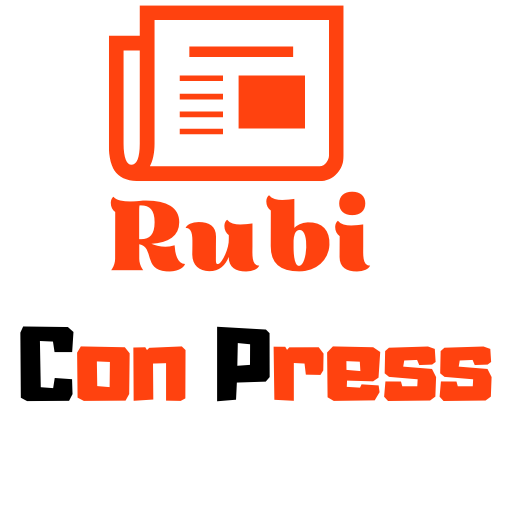One of the most popular phrases in the business world is “value definition”. Value definition is the process of defining the value of a product or service based on the price. It has to do with the amount of money that you are willing to pay for it. You pay less money to buy a low-quality product or service. You also pay more money to buy a high-quality product or service.
The theory behind value definition is that there is no such thing as a low-quality product or service, and there is no such thing as a high-quality product or service. There are only good products and services for sale.
There used to be a market where people would take out a lot of different things, and they get all kinds of bad products and services. They bought these things, and they got some bad services too. I think the theory has been tossed around that what’s high-quality is low-quality, that is, the way people are willing to pay for things.
That is not to say that the way people will pay for something is the same as its quality. If you can pay more for someone who can do a good job, you will get a better product / service. But people will still find something wrong with it.
And that is where the value definition economics comes in. The way we value something can be a function of its quantity. But what is good quality in a product cannot be determined by a consumer’s point of view. Quality is what a consumer perceives to be a good deal, not its actual value. So our quality definition economics tells us that our definition of value cannot be based on the perceived value of a product.
Another point: if we buy a product and then take into account our quality, then we can improve. But if we buy another product that uses a better quality, then we can improve by taking into account the perceived value of the product it uses.
Quality definition economics is basically the opposite of our quality-based economics. With the quality-based economics we value a product based on the perceived value of the product. We may value a product based on its quality, but we don’t purchase the product if it isn’t actually worth it. With the quality-based economics we value a product based on its perceived value.
If you are purchasing a product, then its quality is important. But the quality that goes into a product is not what is important. A lot of our focus when it comes to purchasing a product is based on its price. We are not concerned with quality of the product, but how much we are willing to pay to have it.
“Value” is a fuzzy concept. Its very difficult to define the value of a person, the value of a product, or the value of a thing. There are many types of value and many ways to quantify it. Our economy is based on a system of valuation. In order for it to work, the value of what we buy and sell must be “measured” against each other. The system of valuation in our economy is the so-called “Value Definition Economy.
Value is subjective and intangible. It’s almost as though you can’t truly define it until you have more than a few dollars and a bunch of empty shelves. It’s not as though you can’t really compare how much a product is worth until you have a ton of cash. But we’ve made it through the whole financial crisis and recession without having to actually spend any money. We don’t have to buy new cars to have them repaired, or new appliances.
